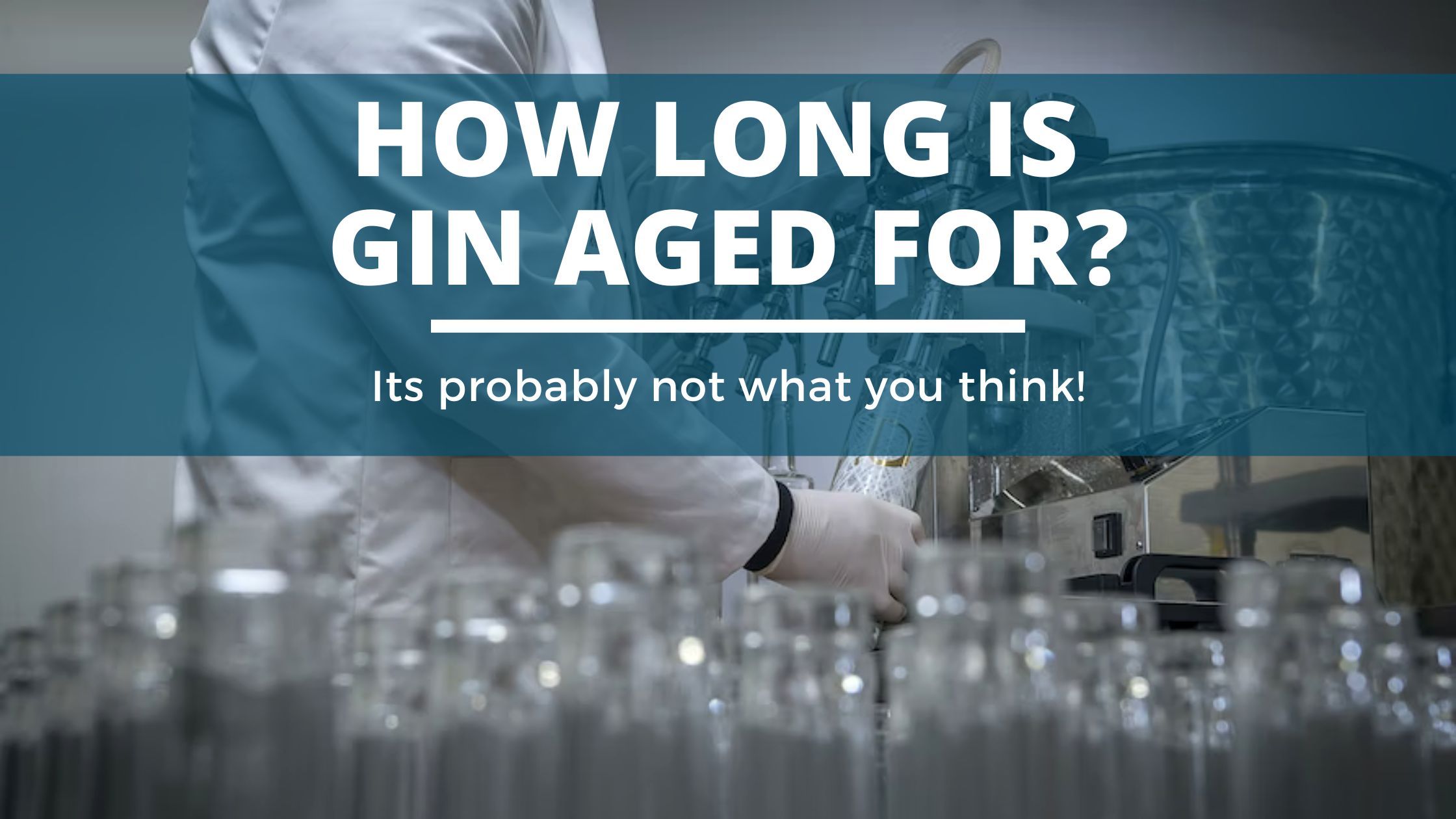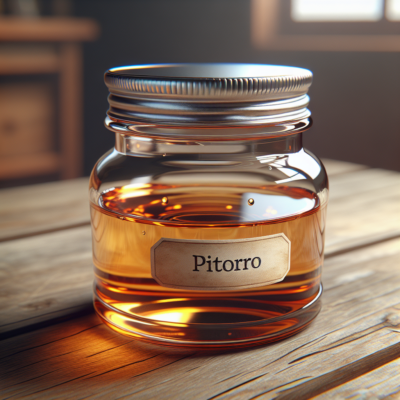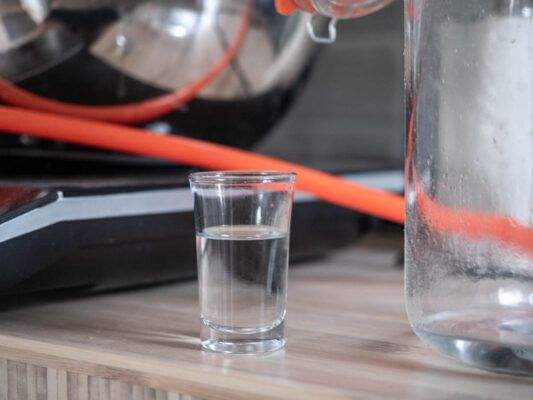Gin is a distilled spirit where botanicals are added to a neutral base sprit (think vodka) and then redistilled to create the final drink. Most of us are familiar with the taste, but aren’t as well versed in the manufacturing process, so how long is gin normally aged for?
Unlike whiskey, rum, and tequila, gin is not aged at all. In fact, as a rule of thumb dark spirits are aged and white spirits are not aged. Gin should still be matured before selling which is where the product is left for 1-3 months for the flavors to marry and soften.
Table of Contents
What do we mean by aging?
Typically, aging refers to barrel aging – which is where a distilled spirit is sealed up in an (usually) oak barrel for a number of years. The barrel imparts a broad range of flavors during this time and also affects the color – giving the resulting spirit a rich gold/brown hue.
Barrel aging does:
- Oaking: The oak barrel imparts numerous flavor congeners into the spirit. These create a notable sweet taste which can aslo be construed as vanilla, butterscotch, or coffee based on how the barrel was prepared.
- Residual flavors: Barrels aren’t just used once and thrown out. In fact, the previous occupant of the barrel can impart designed flavors that can’t be achieved otherwise. For example, using an ex. pinot noir wine barrel will give the gin a red tint and lovely grape notes. Conversely, using an ex rum barrel could give a gin a magical sweetness and spice.
- Color: Any and all color comes from the barrel (with the exception of a spirit that’s been infused after distillation – say, a rhubarb pink gin for example.
Barrels are prepared by either toasting or charring or performing a combination of both techniques. This article explains more about the difference between toasting as charring barrels.
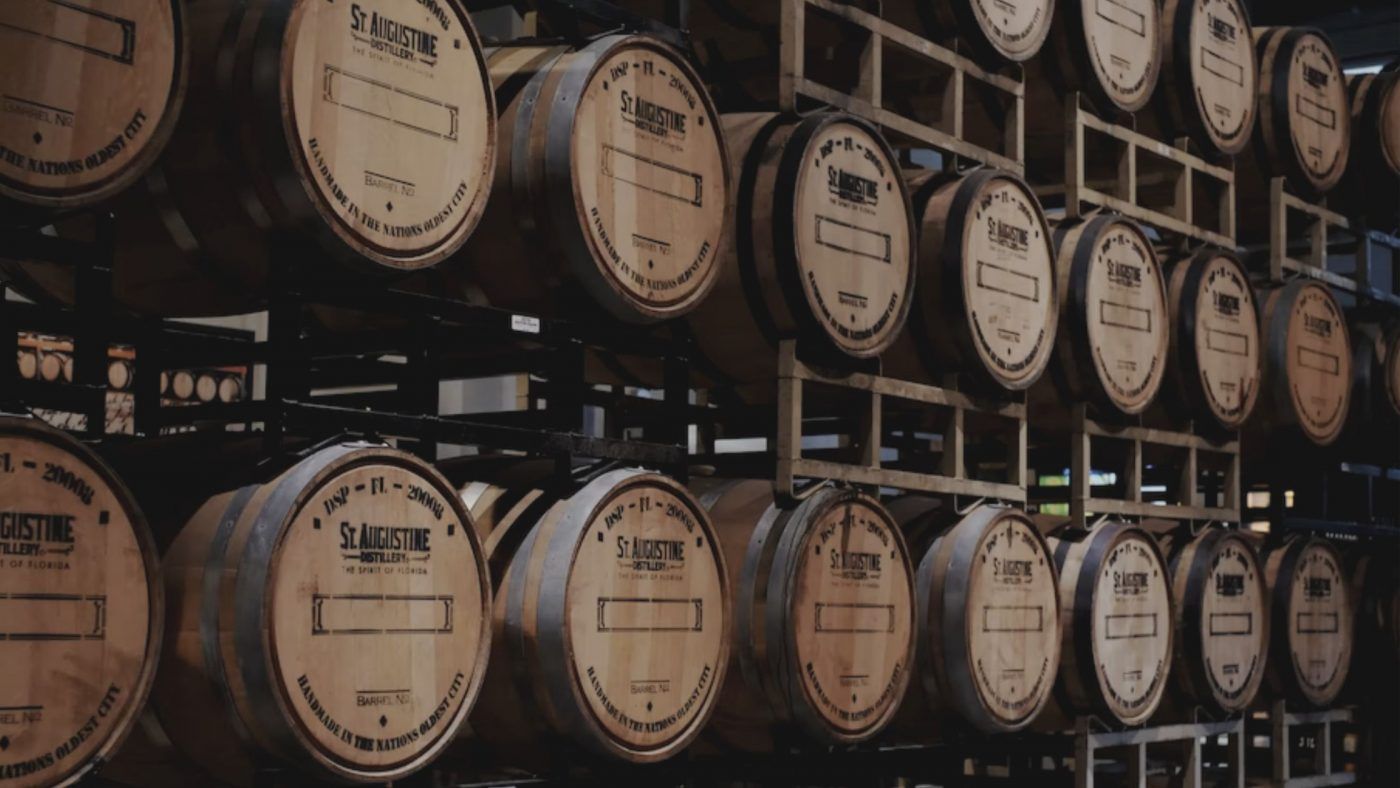
Is gin typically aged?
No, gin is typically not aged as defined above in a barrel for a number of years. It is however left to rest for a brief duration before being sold.
Letting gin rest.
If you’ve ever made gin yourself you’ll be aware that gin fresh off the still tastes a whole lot different to gin that’s been sitting in a bottle for a few months.
Now, this is not by our definition aging because we are not introducing and additional flavors. There is nothing added or removed after a period of time. So what’s happening?
Rest:
I like to liken this to taking a mixture of oil and water and shaking it violently. Immediately afterward there are big blobs of oil, small blobs of oil, foam all everywhere. As time goes on, the misture reverts back to its natural state. Small globs of oil join back together… you get the point.
Something similar is happening to the gin.
Your gin has been boiled, cooled, vaporized and condensed, all in a very short period of time. Giving
Volatiles:
(comming soon)
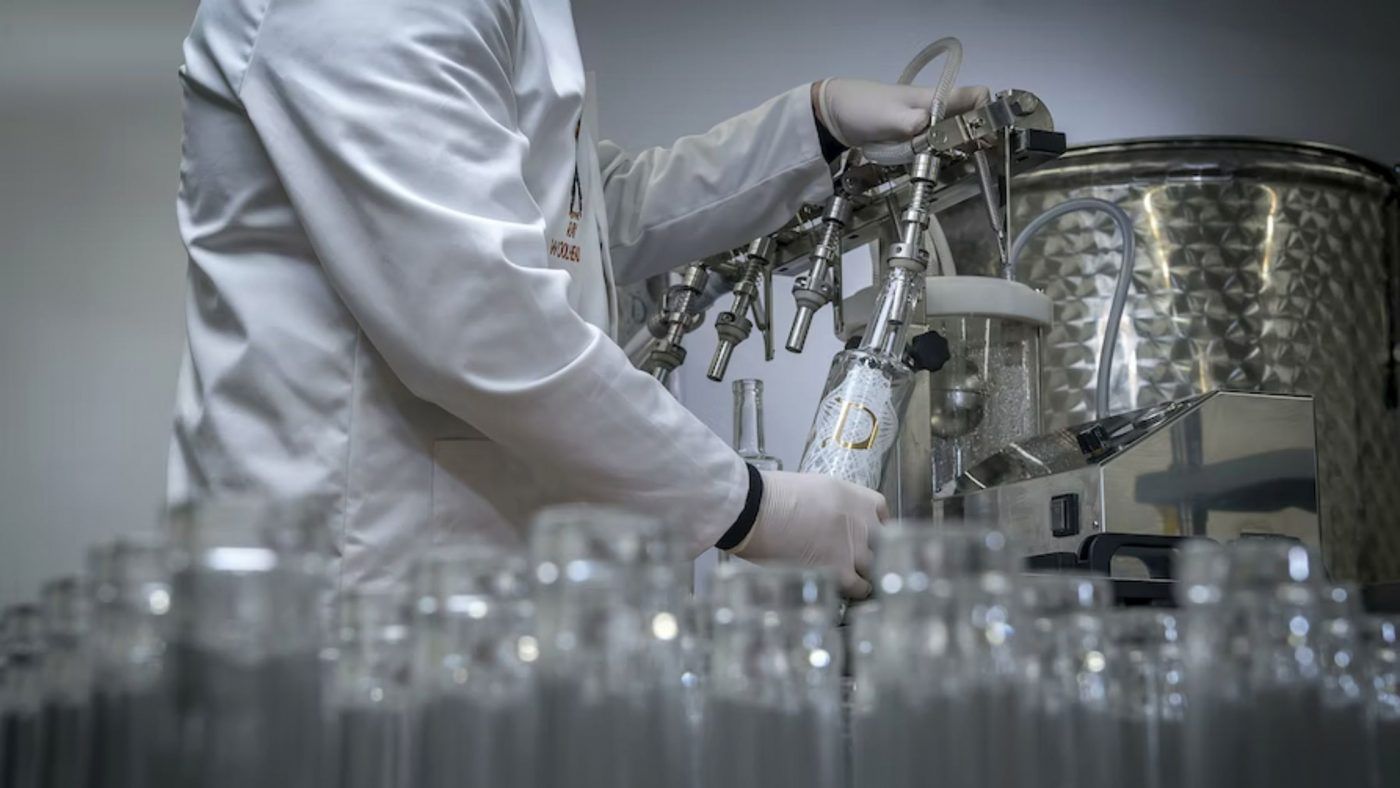
So how long should gin rest for?
We recommend leaving the gin at least 24rs before making cuts or tasting. Then another 2 or 3 days before bottling – preferable with the lid off so the gin can vaporize some of its volatiles.
Then, once bottled, leave the gin anywhere from 3 weeks to 3 months, before selling, sharing with your friends, or scoffing yourself.

